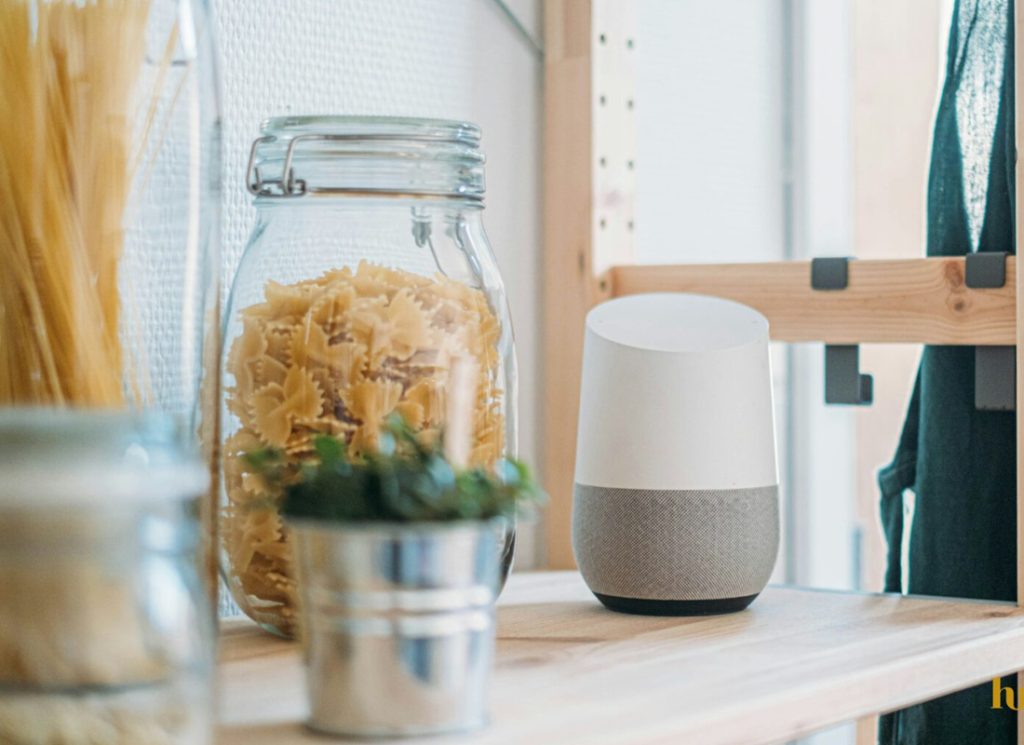Smart appliances utilize advanced technologies to optimize their energy usage. For instance, many modern refrigerators are equipped with features such as adaptive defrost systems that only activate when necessary, significantly reducing energy waste. Similarly, smart washing machines can adjust water levels and cycle times based on the size of the load, ensuring that no extra energy or water is consumed. By incorporating sensors and intelligent algorithms, these appliances can operate in the most efficient manner possible, aligning their functions with user needs while conserving resources.
Another key aspect of energy-efficient smart appliances is their ability to connect to home networks. This connectivity allows users to monitor and control their devices remotely, providing opportunities to manage energy consumption more effectively. For example, homeowners can schedule their dishwashers or washing machines to run during off-peak hours when electricity rates are lower. By taking advantage of time-of-use pricing, users can further decrease their energy costs while contributing to a more balanced energy grid.
Smart thermostats exemplify how energy efficiency can be enhanced through user behavior. These devices learn occupants’ schedules and preferences, automatically adjusting heating and cooling settings to maintain comfort while minimizing energy use. By optimizing temperature settings based on real-time data, smart thermostats can reduce energy consumption by up to 10 to 15 percent. This not only leads to financial savings but also promotes a more sustainable lifestyle by lowering overall energy demand.

Moreover, energy-efficient smart appliances often come with energy ratings that help consumers make informed purchasing decisions. Appliances with higher ratings, such as those certified by ENERGY STAR, are designed to consume less energy without compromising performance. Investing in these high-efficiency models may involve a higher upfront cost, but the long-term savings on energy bills can make them a wise financial choice.
In addition to individual savings, the collective impact of energy-efficient smart appliances can contribute to broader environmental benefits. As more households adopt these technologies, the demand for energy from traditional sources decreases, leading to lower greenhouse gas emissions. This shift not only helps combat climate change but also fosters a culture of sustainability within communities.
To maximize the energy efficiency of smart appliances, users should regularly maintain and update their devices. Keeping appliances clean and in good working order ensures they operate at peak efficiency. Additionally, homeowners should stay informed about software updates that can improve functionality and energy-saving features.
As technology continues to advance, the potential for energy-efficient smart appliances will only grow. Embracing these innovations allows consumers to enjoy a more sustainable lifestyle while reducing their energy costs. The future of home energy management is bright, offering opportunities for both financial savings and environmental stewardship.

